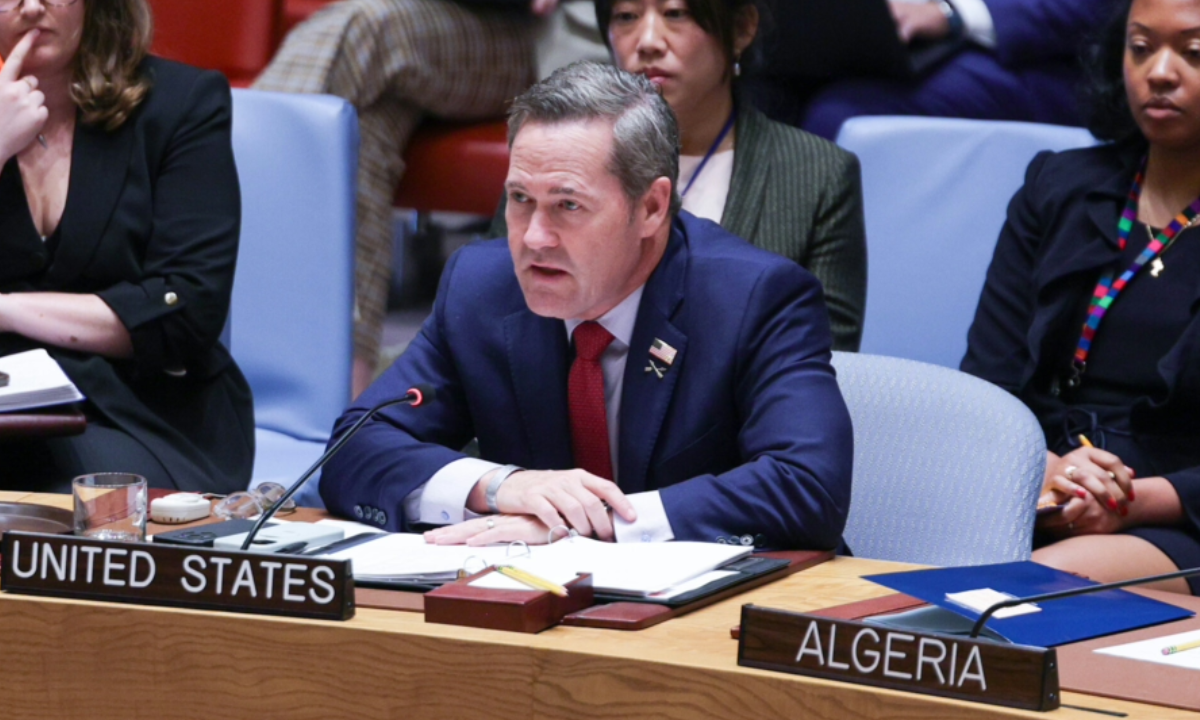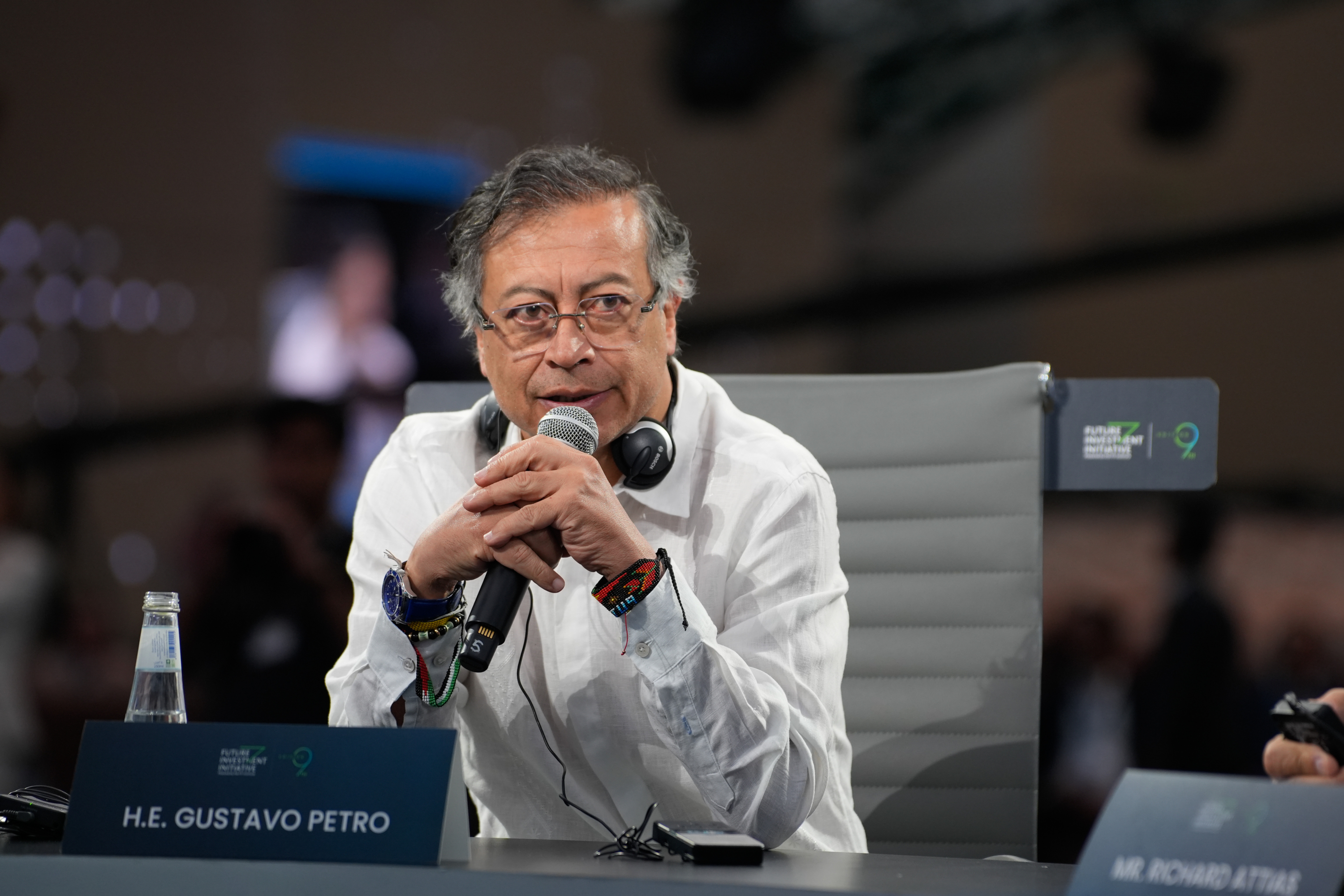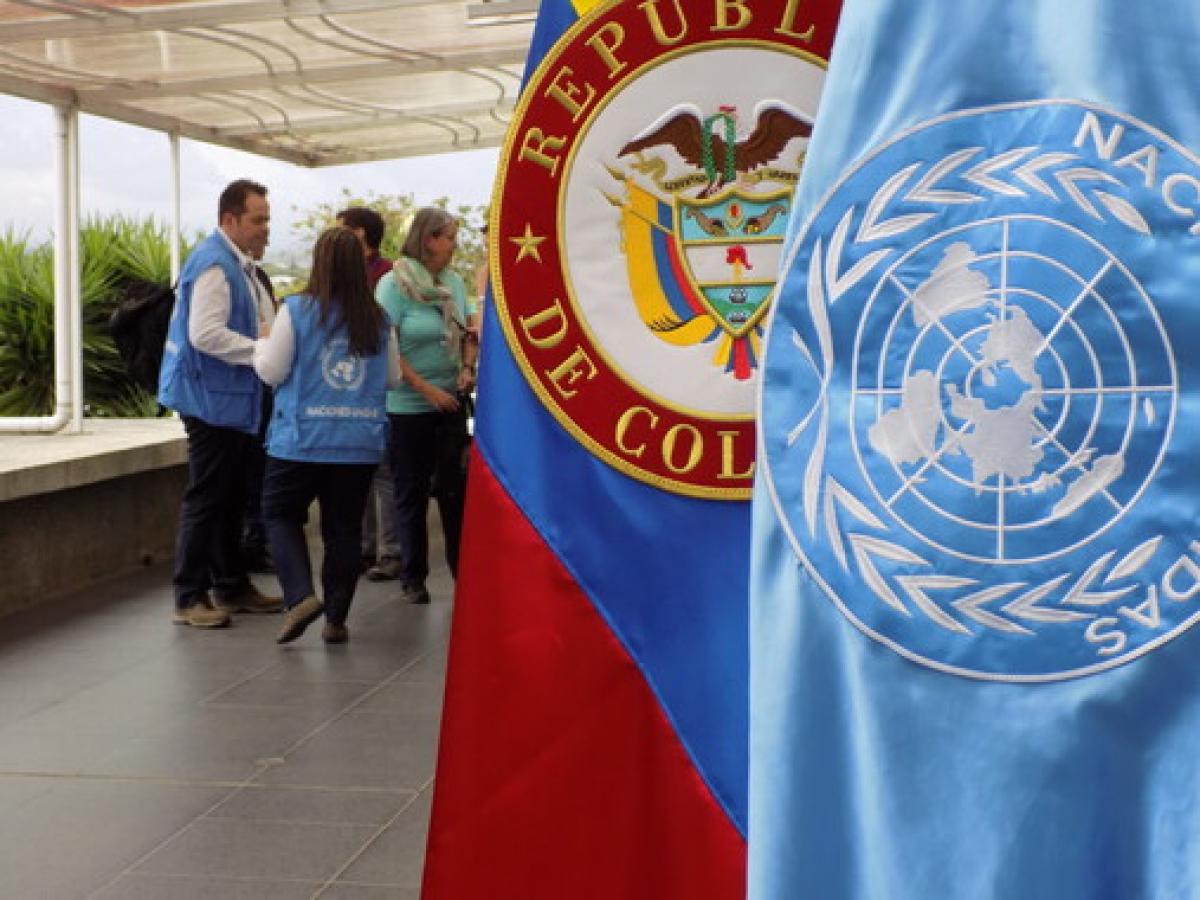This was President Gustavo Petro's response to the new criticisms from the United States against his government at the UN Security Council

The intervention of the United States representative to the United Nations, Mike Waltz, after the renewal for one year of the mandate of the Verification Mission at the Security Council in New York , once again highlighted the deep differences between the administrations of Donald Trump and Gustavo Petro.
After abstaining from voting on the resolution that renewed the Mission's operation - despite its conformity to Washington's demands to eliminate tasks related to the Special Jurisdiction for Peace (JEP) and the ethnic component - the affable US diplomat reiterated that the White House views the peace process in Colombia with reservations and questioned the policies of its current leadership.

Mike Waltz, United States representative to the United Nations. Photo: Don Conahan
"The United States continues to harbor considerable reservations about the peace process in Colombia. Among these are the worsening security situation and the risk of impunity for terrorists and drug traffickers, especially President Petro's political priorities regarding peace and security, both within Colombia and in the region and the world, which are irresponsible and misguided and have contributed to increased instability and violence in Colombia," Waltz said.
These statements come at the most critical moment in the bilateral relationship in a century, following the inclusion of the Colombian president and his inner circle on the dreaded Clinton List.
Petro's response
Gustavo Petro, President of Colombia. Photo: Presidency
In several tweets, the head of state reacted to what happened at the Security Council. First, he pointed out that, "the removal of the ethnic chapter, a demonstration of racism, and the Special Jurisdiction for Peace (JEP) show the current US government's disregard for the truth in Colombia."
He then defended his peace policy, asserting that he has achieved a high number of extraditions. "The US ambassador to the United Nations Security Council, of which Colombia will be a member and where I will travel to New York to speak, said that we don't extradite. That's a lie. I've carried out 700 extraditions, mostly for drug trafficking. It's the highest number of extraditions since the law was established," he stated.
He then pointed out that "the current peace policy, whether successful or unsuccessful, is not part of the review by the security council nor is it under consideration by the US ambassador at that session."
The reduction of the Mission's functions
UN Verification Mission. Photo: private archive
Although the mandate of the UN Mission in Colombia to support the implementation of the 2016 peace agreement was extended for 12 months, tasks related to the verification of restorative sanctions of the Special Jurisdiction for Peace (JEP) and the monitoring of the Ethnic Chapter were excluded.
In this way, the renewed mandate will only focus on verifying three aspects of the peace agreement: the political, economic and social reintegration of former FARC members; security guarantees for peace signatories, their families, leaders and communities; and comprehensive rural reform.
Apparently, the United States warned some members of the Council about its willingness to veto the resolution renewing the Mission's mandate if the tasks related to the JEP and the Ethnic Chapter were maintained, and showed flexibility regarding rural reform.
JUAN PABLO PENAGOS RAMÍREZ
eltiempo





